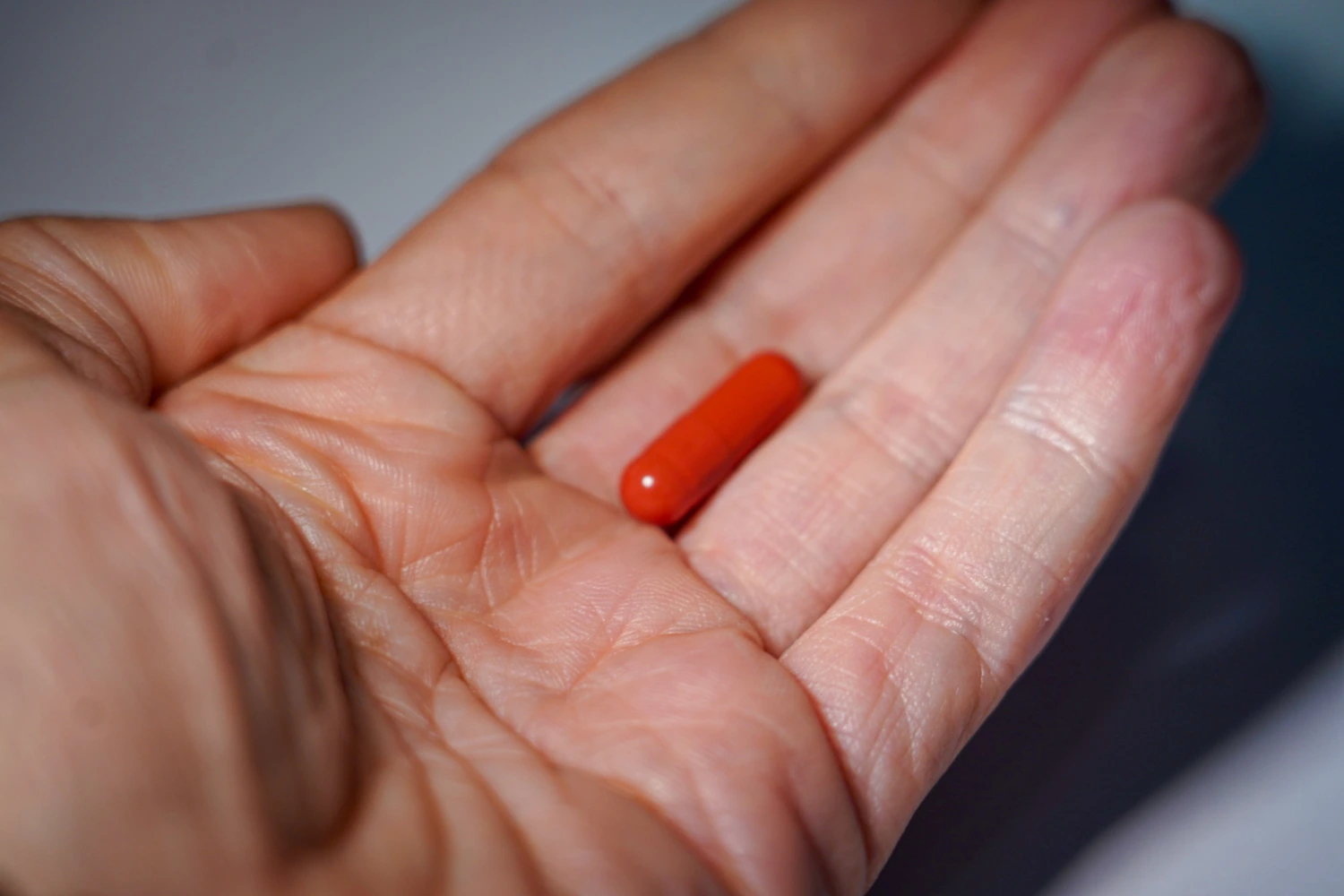A scientific journal has retracted three studies that were foundational to the clinical development of MDMA, commonly known as ecstasy, as a psychedelic treatment for post-traumatic stress disorder (PTSD). The retractions came just one day after it was reported that the Food and Drug Administration (FDA) had rejected the treatment, despite favorable outcomes from two Phase III clinical trials.
On Friday, Lykos Therapeutics, the company developing the therapy, announced that it had received a rejection letter from the FDA.
The letter reiterated numerous concerns that had been previously raised by the agency and its expert advisory committee, which had overwhelmingly voted against the therapy’s approval in June.
The FDA and its advisors cited several issues, including flaws in the clinical trial design, missing data, and various biases among those involved in the trials. There were also allegations of a cult-like support for psychedelics.
Lykos is a commercial offshoot of the Multidisciplinary Association for Psychedelic Studies (MAPS), a nonprofit that advocates for psychedelic research.
Moreover, FDA advisors pointed to public allegations of sexual assault involving a trial participant during a Phase II study by an unlicensed therapist who was administering MDMA-assisted psychotherapy.
In its Friday statement, Lykos revealed that the FDA had requested the company to conduct an additional Phase III trial—a demand Lykos described as “deeply disappointing.” The company announced its intention to appeal the FDA’s decision.

“While conducting another Phase III study would take several years, we still maintain that many of the requests that had been previously discussed with the FDA and raised at the Advisory Committee meeting can be addressed with existing data, post-approval requirements, or through reference to the scientific literature,” Lykos CEO Amy Emerson said in a statement.
However, on Saturday, Lykos’s efforts to support MDMA therapy with existing data and scientific literature became more challenging. The journal Psychopharmacology issued retraction notices for three studies that included Phase II clinical data related to the therapy.
These studies comprised a 2019 rationale for a Phase III trial design, a 2020 pooled analysis, and a 2020 study on the impact of antidepressant use on MDMA therapy response.
The retraction notices cited two primary reasons: “protocol violations amounting to unethical conduct” at one of the clinical trial sites—linked to the sexual assault allegations—and undisclosed conflicts of interest by the authors.
Regarding the sexual assault allegations, the journal noted that “the authors have subsequently confirmed that they were aware of these violations at the time of submission of [the articles] but did not disclose this information to the journal or remove data generated by this site from their analysis.”
Concerning conflicts of interest, the journal claimed that the authors failed to fully disclose their affiliations with MAPS and its subsidiary, the MAPS Public Benefit Corporation, despite MAPS funding the studies.
In response to the retractions, Lykos expressed disagreement in a statement: “The articles remain scientifically sound and present important contributions to the study of potential treatments for PTSD,” the company asserted.


